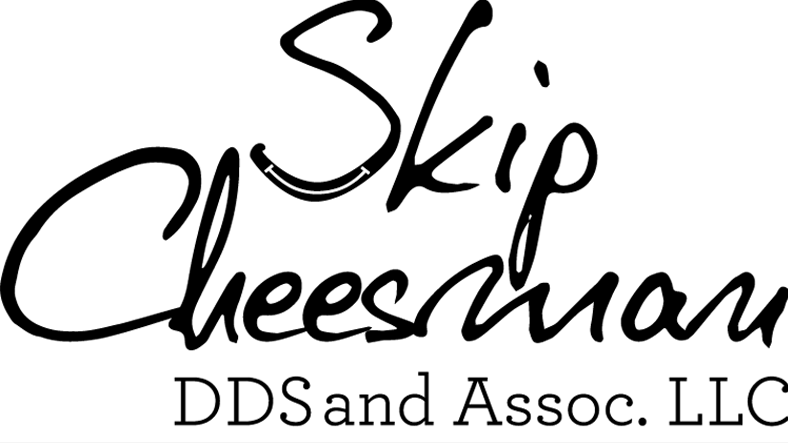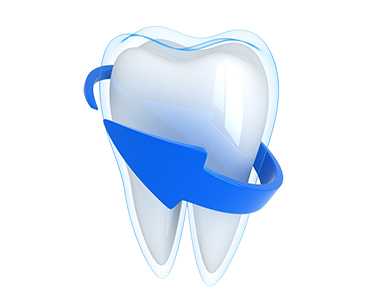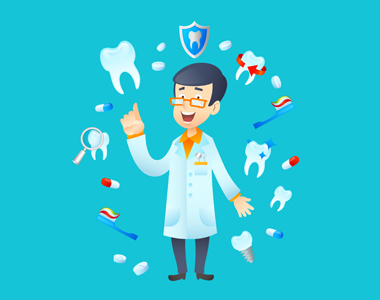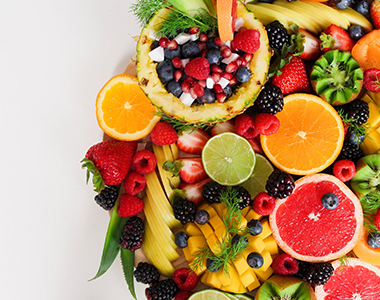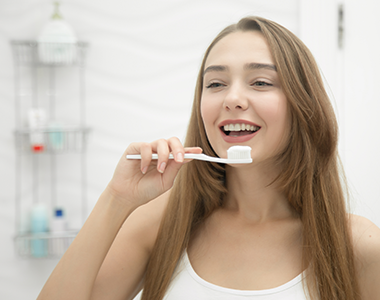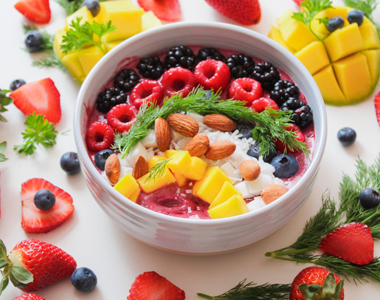
5 healthy food for your teeth
Category : Uncategorized
A healthy diet is not just great for your overall body wellness but also for your teeth. The healthier you eat, the healthier your smile! Check out these five teeth-friendly foods:
1. Apples
An apple a day may help keep cavities and gum disease away! Due to their fibrous texture, apples make a fantastic snack for your teeth. When you chew an apple, this simple action stimulates your gums, working to reduce bacteria that could cause cavities. Saliva is critical for your dental health because it neutralizes acids in your mouth and washes away food particles that could become plaque and tartar if left to linger on or between your teeth.
2. Almonds
Almonds are a wonderful snack for your teeth because they are low in sugar and high in protein and calcium. This combination keeps your teeth strong and decreases your risk of cavities. Just be sure that you drink water while and after you’ve eaten the handful of almonds to wash away any particles that may stick around in your mouth.
3. Leafy Greens & Cruciferous Veggies
You would have heard that veggies like kale, spinach, broccoli, and cauliflower are good for your body and immune system, but did you know that they are also great for your tooth enamel and gums? Leafy greens are full of essential vitamins and minerals, including calcium, vitamin C, phosphorus, and folic acid, which helps alleviate inflamed gums. Additionally, folic acid is vital for women trying to get pregnant or in the early stages of pregnancy to help prevent spina bifida of their developing child.
4. Carrots
Crunching on carrots also stimulates saliva production. Moreover, they are also high in fiber and beta-carotene, which are needed to make vitamin A. Vitamin A is a necessary component when your mouth is forming and remineralizing tooth enamel.
5. Cheese
Cheese is another tasty, teeth-healthy snack because it’s high in calcium and a protein called casein, which acts as a buffer against bacteria and acids that may lead to tooth decay. Cheese also increases your salivary flow and helps to replace important minerals in your tooth enamel.
If you need any more information, feel free to ask us on your next visit.
